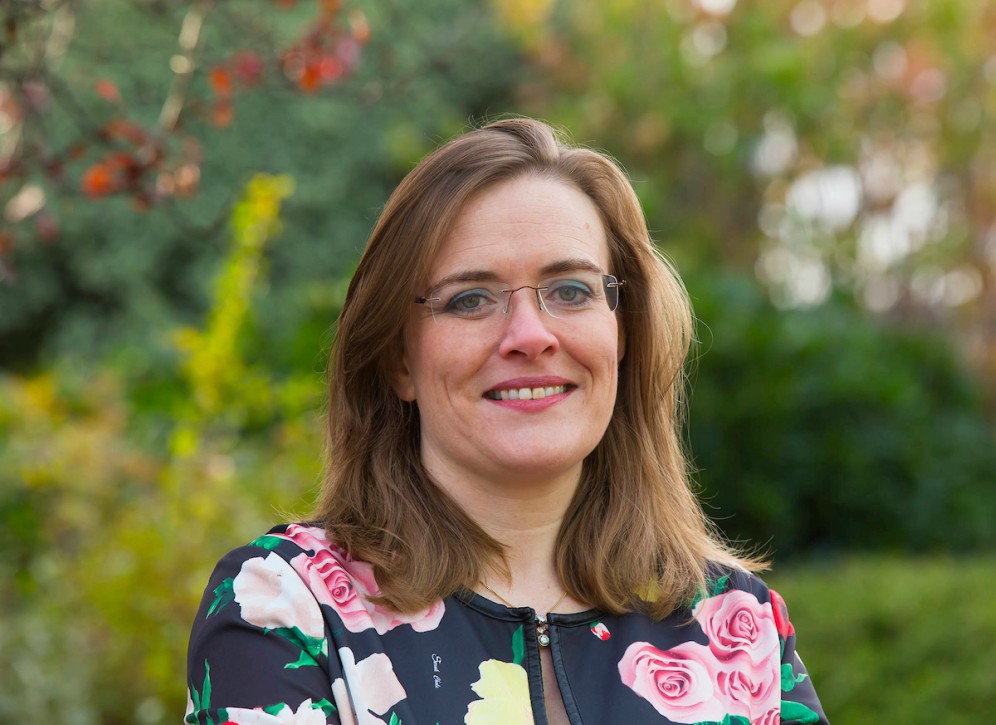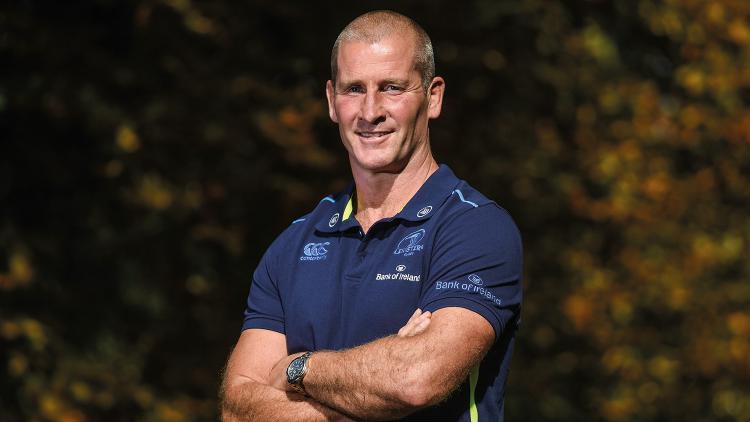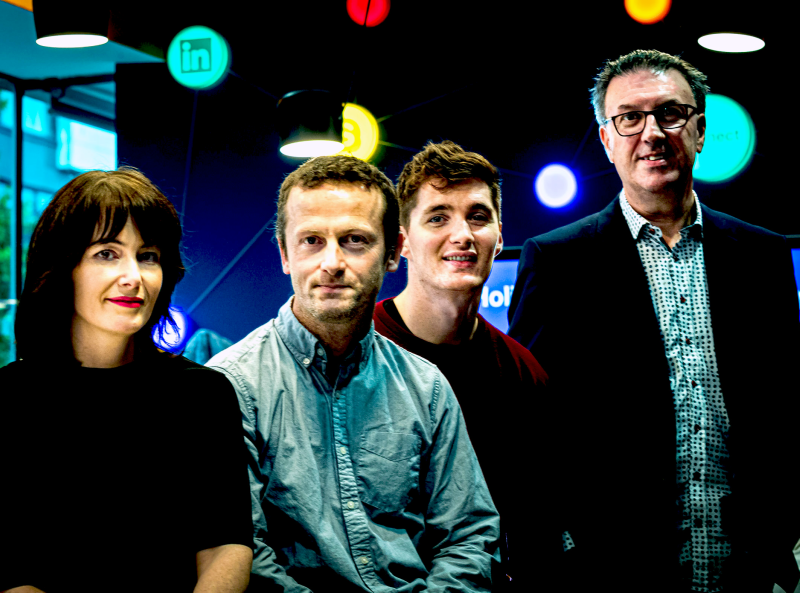Leading female referee Joy Neville opens up about her career in rugby and bridging the gender gap in both sport and business.
Was it difficult making the transition into refereeing after being a player?
I think having played at the highest level it made the transition that bit easier because I understood where the players were coming from and what they were trying to achieve. I was also very aware of when they were pushing the limits on the laws of the game which allowed me to keep things in check before things got out of hand. What was tough was going from a team sport and environment to something that is much more individual.
You initially declined the offer to go into refereeing, why?
I never envisaged becoming a referee so when I was initially contacted to take it up I said no because I felt I wouldn’t have the time (the reason I retired) and it wasn’t something that I initially felt passionate about or that I would even be good at it.
Being a pioneer of female refereeing, was there any females who inspired you to become a referee? Or did you consult anyone for advice?
I was extremely lucky that the man who initially contacted me was Dave McHugh and he became a wonderful mentor for me, a tough task master at times but he saw the potential in me and fully supported me.
“I think you need a certain amount of success before people sit up and take notice.”
There were very few female referees, Helen O’Reilly was the one forging the way in Ireland and she is someone that I spoke to and about a year into refereeing when I was contemplating giving it up she is someone that encouraged me to keep going.
Women’s rugby is really growing in Ireland at the moment, what has sparked that growth and would you see yourself as one of the catalysts for that growth?
I think you need a certain amount of success before people sit up and take notice. I got my first cap in 2003 and the first number of years were very difficult but every year we were progressing and I knew there was potential in the squad. The numbers playing rugby at the time were very small but we had a great group in the Irish squad. In 2013 everything just clicked for us, after years of hard work and we won the Grand Slam, the following year the squad went on to get to the semi-final of a World Cup. The visibility and promotion around those two years meant that we had unprecedented interest and numbers taking up the game and thankfully it is continuing to grow at the schools and youth level, which we never had before.
You’re a very respected referee in the men’s game now, but in the beginning was it difficult to get the respect of your male peers?
I’m very lucky that the people I train with in Limerick are hugely supportive and we push each other to always be our best. We have a great collaborative environment of learning, so I was very lucky at the start with the likes of Andy Brace, Johnny Lacey and Sean Gallagher. In the early days, there were a few players that might make a smart comment or smirk but I would address it immediately and ensure they knew that I was there to be professional and do my job and that they should worry about their job. There have been times too when spectators make comments but they have no bearing on how I referee or how I review my games, so I have learned to just ignore any of that.
“Will the gap ever be bridged? I don’t know, it will take huge societal shifts for this to happen.”
You were voted World Rugby’s Referee of the Year in 2017 – was this the best moment of your career and do you think it encouraged other females to consider refereeing after your recognition?
My proudest moment was actually getting to referee my first All-Ireland League game between Clontarf and Cork Constitution because I was told it would never happen. However, going to Monaco to pick up World Referee of the Year was a surreal experience, particularly as I thought there was a male and female category and to win the overall was amazing. The messages of goodwill and support were phenomenal. I hope it encourages people, male and female, to get involved in refereeing. We need more referees in the game at every level. People probably don’t think they would be good enough or passionate about it but I hope my journey shows that there are opportunities.
“Providing opportunities is vital and sometimes even just asking someone can make the difference. From a female perspective, we probably need to put ourselves forward more and if asked, to get involved.”
Do you feel governing bodies across sports are doing enough to bridge the gap between male and female athletes?
The gap is obviously quite large but getting smaller all the time, this is due to history and the female’s place in society. Thankfully this is changing for the better and people believe that males and females should have the same opportunities. Will the gap ever be bridged? I don’t know, it will take huge societal shifts for this to happen. Governing bodies are making positive changes to identify and support female athletes. It is a huge potential growth area for every sport.
What does the future of female refereeing look like in both Ireland and world rugby?
Respect for the referee in rugby is something that we should be very proud of, in comparison to other sports and something that we need to continue to drive. Continual identifying and mentoring of potential refereeing is very important, that we have enough refs to resource the game at every level.
“It is my hope that sport and business appreciates the value of having women involved at every level of the decision-making process, not just because of a balance quota or target but because they can see the value that females bring to a situation or company.”
How important is it that the governing bodies in both sport and business in general get gender balance right in the workplace?
Having a range of people, opinions and thoughts is essential in sport or business, if they are to be market leaders. This diversity allows more balanced decision making as people come bringing different experiences. Providing opportunities is vital and sometimes even just asking someone can make the difference. From a female perspective, we probably need to put ourselves forward more and if asked, to get involved.
What is your ambition for IWD 2019 and just how important is IWD for creating awareness of the issues facing women in society?
Like every year, I wish we didn’t need an IWD but we do. It is my hope that sport and business appreciates the value of having women involved at every level of the decision-making process, not just because of a balance quota or target but because they can see the value that females bring to a situation or company.






